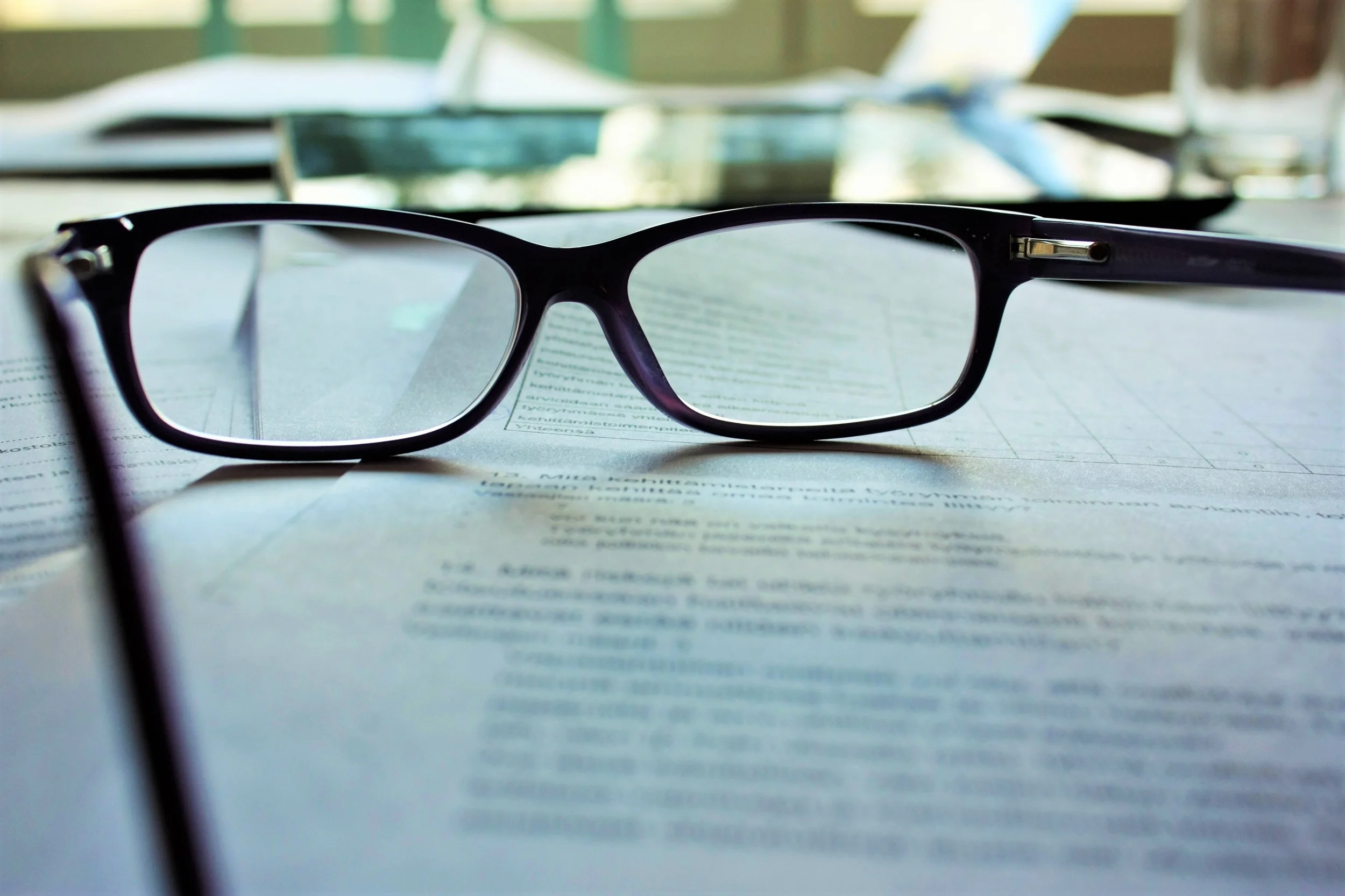Pada tahun 2020-2035, Indonesia diprediksi akan meraih bonus demografi, yakni populasi usia produktif lebih banyak dari populasi usia nonproduktif. Namun, Indonesia baru bisa mendapatkan bonus demografi jika memiliki penduduk muda yang pintar. Tanpa itu, Indonesia hanya akan mengalami kutukan demografi.
Syarat meraih bonus demografi memang menciptakan kondisi kelompok masyarakat produktif (15-64 tahun) yang kreatif, pintar, dan inovatif sehingga mampu berproduksi secara maksimal.
Pemerintah Indonesia mengimplementasikan syarat ini dengan kebijakan beasiswa LPDP dan Presidential Scholarship untuk mendorong murid-murid Indonesia bersekolah di luar negeri dan berbakti untuk negara setelah lulus.
Menurut laporan UNFPA, sebuah negara yang sedang menuju bonus demografi akan dihadapkan pada risiko kondisi politik yang tidak stabil apabila tidak mampu merespons keinginan kelompok masyarakat miskin mendapatkan kesempatan yang sama dengan kelompok masyarakat kaya.
Tantangan kedua adalah saat mencapai bonus demografi, Indonesia akan mendapatkan pertumbuhan jumlah orang kritis yang sangat tinggi karena semakin banyak lulusan luar negeri yang berkarya di Indonesia.
Pemikiran mereka akan memengaruhi masyarakat sehingga pemerintah perlu menciptakan ekosistem yang cocok agar mereka bisa bekerja dan berkomunikasi dengan pemerintah. Pemerintah juga perlu membuat kebijakan yang bisa merespons masyarakat dengan lebih cepat, efisien, dan akurat. Bagaimana caranya?
Kuasai informasi
Kuncinya adalah menguasai teknologi informasi untuk berinteraksi dengan rakyat. Awal tahun 1997, Indonesia memiliki proyek ”Nusantara 21”, tetapi tujuan utamanya adalah memperkuat Satelit Palapa untuk kepentingan pemerintah.
Proyek ini terkesan kontradiktif dengan ide otonomi daerah waktu itu sehingga proyek ”Nusantara 21” kurang populer dan terhenti ketika terjadi pergantian rezim.
Pada zaman SBY, pemerintah memakai fasilitas UKP4 dan jejaring sosial untuk mendapatkan input dari masyarakat.
Walaupun kebijakan menguasai teknologi informasi semakin berkembang, Presiden SBY belum memiliki arah kebijakan untuk membangun kabel serat optik secara merata di seluruh Indonesia, juga perangkat keras dan lunak, untuk mengembangkan teknologi informasi.
Berdasarkan perspektifcybersuperiority , kedua perangkat (kabel serat optik dansoftware-hardware computer ) sangat penting seperti halnya satelit untuk memperkuat keamanan, ekonomi, dan kebudayaan Indonesia.
Kita sudah melihat bukti, tidak kuatnya infrastruktur kabel serat optik, satelit, dan komputer di Indonesia membuat negara lain mampu menyadap Pemerintahan Indonesia lewat Satelit Palapa.
Pada era Orde Baru, peluncuran proyek ”Nusantara 21” dilakukan untuk menyebarkan nilai-nilai pemersatuan Nusantara sebagai negara kepulauan. Kebijakan yang diperkuat dengan Keppres No 30 Tahun 1997 ini dikoordinasikan oleh Tim Koordinasi Telematika Indonesia untuk pemutakhiran proyek Palapa.
Namun, pemutakhiran satelit saja tidak cukup. Pada abad ke-21, satelit bukan lagi satu-satunya infrastruktursuperhighwayinformasi yang penting. Kabel serat optik dan perangkat lunak dan keras komputer itu juga menjadi penting.
Tulisan Eom Jeung Ho tentangcybersuperiority mengatakan bahwa sebuah negara perlu menguasai infrastruktur teknologinya untuk kepentingan militer agar kepentingan negara terjaga dari serangan negara lain.
Konsep ini kemudian berkembang menjadi negara tidak hanya harus menguasai infrastruktur teknologi untuk kepentingan militer, tetapi juga untuk kegiatan ekonomi, kebudayaan, dan lainnya.
Semakin meningkatnya partisipasi rakyat Indonesia memakai teknologi informasi juga menjadi tantangan bagi Pemerintah Indonesia supaya membuat kebijakan berdasarkan kebutuhan rakyatnya.
Partisipasi rakyat yang semakin tinggi dalam teknologi informasi juga meningkatkan risiko kriminalitas dunia maya. Maka, pemerintah perlu juga mempersiapkan kebijakan untuk mengawasi dan menangkal kejahatan internet, sepertihacking , penipuanonline , penyadapan, penyebaran rumor secara masif, dan pencurian informasi.
Peta ”cybersuperiority”
Dengan demikian, penting bagi negara mana pun termasuk Indonesia, untuk menguasai informasi dunia maya sekaligus membuat kebijakan berdasarkan kebutuhan rakyatnya. Untuk itu, pemerintah perlu membuat petacybersuperiorityyang terdiri dari tiga jenis lapisan.
Lapisan paling dasar adalah unsur-unsur kenapa dunia maya disebut dunia informasi, yaitu karena kemampuannya mempercepat, mengawasi, menstimulasi, dan menyimpan informasi.
Dengan kata lain, pada lapisan ini yang penting adalah unsur kognitif seperti kecepatan, simulasi, pengawasan, dan penyimpanan.
Lapisan kedua berupa alat-alat atau infrastruktur yang merepresentasikan kecepatan, simulasi, pengawasan, dan penyimpanan informasi. Umumnya, unsur-unsur tersebut adalah perangkat komputer (PC, laptop, kamera, handphone, server ), satelit, dan kabel serat optik.
Lapisan ketiga adalah unsur-unsur publik, seperti rakyat, media, perusahaan. Unsur-unsur ini adalah target dari pemanfaatan teknologi informasi untuk kemajuan peradaban bangsa, penyebaran media, dan produktivitas perusahaan.
Dengan membuat petacybersuperiority, arah kebijakan pemerintah dalam menguasai teknologi informasi untuk kesejahteraan negara menjadi lebih jelas. Lalu, di mana kaitan strategi menguasai teknologi informasi dengan meraih bonus demografi?
Penguasaan teknologi informasi ataucybersuperiority berperan penting untuk mengawal kestabilan negara menuju bonus demografi dan pasca bonus demografi untuk menyerap dan mengakomodasi keinginan rakyat yang tersebar di dunia maya.
Valerian Timothy
Asisten Riset di American Studies Center, Universitas Indonesia




